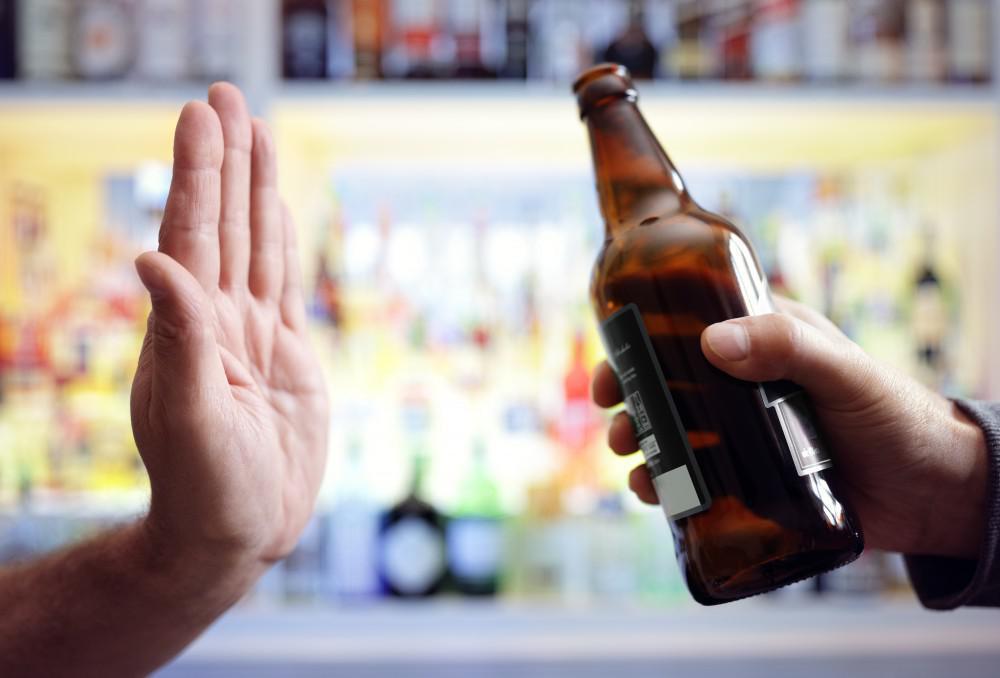
5 Tips for Staying Sober
You’ve done the work to become clean and sober, and you want to do what you can to stay that way. Here are five great tips that will help you safeguard your freedom from a substance use disorder.

The numbers surrounding opioid misuse, opioid use disorders, and opioid overdose deaths are staggering: There were more than 75,000 deaths due to opioid overdose in the United States during the 12 months ending in April 2021 alone.
Our goal here isn’t to alarm you unnecessarily, but it’s important to first understand the very serious consequences that come from an opioid use disorder.
If you suspect a loved one may be heading down a dangerous path because of opioids, our team at Northview Wellness wants to offer our assistance.
Here, we take a look at the signs of opioid misuse or an opioid use disorder and what you can do to help. Before we begin, we want to point out that you’re taking the first, and most important, step by reading this and educating yourself.
You know your loved one well and you can see that something just isn’t right, and you’re concerned. While nothing we spell out here can replace your intuition about your loved one, you should be on the lookout for some key signs, such as:
Again, you know your loved one best and you know when there are changes in their behaviors that simply don’t jibe with the person you know. For example, your loved one may be a very honest person, but you start to catch them in lies about where they’ve been, whether they’re taking opioids, and so on.
Trying to help someone in the throes of an opioid use disorder is very tricky, as you may not be dealing with someone who has control over their thoughts and actions. This is the most important point that you should understand — their brain and body have been hijacked by opioids.
Your first step is the one you’re doing now by reading this so you understand what you’re up against. We also urge you to contact us so we can help guide you through getting your loved one some help.
When you try to talk to your loved one about a potential problem, they may become very upset and defensive, so it’s important that you attempt this conversation outside of an angry atmosphere. In other words, if you’ve been fighting about one of their behaviors, for example, it might not be a good time to bring this subject up. Instead, wait until things calm down and then approach your loved one with concern and care.
It’s also a good idea to enter your conversation armed with information, so talk to them about your concerns and then offer them a way out. We can help supply you with what you need, such as information about our detox program and our medication-assisted treatments.
Above all, understand that your loved one isn’t happy about their opioid use disorder and they do want to be released from it, but their brains are fighting them every step of the way.
As a final note, we want to advise you to take care of yourself, too, during all of this. If your loved one’s opioid use disorder is upending your life, take steps to distance yourself from time to time and focus on your own life and happiness.
For help with your loved one’s opioid use disorder, please contact our office by phone or email to set up a consultation.

You’ve done the work to become clean and sober, and you want to do what you can to stay that way. Here are five great tips that will help you safeguard your freedom from a substance use disorder.

The connection between a substance use disorder and a mental health issue is a strong one, as the nearly eight million Americans who have a co-morbidity prove. When this occurs, treating both issues is paramount.

Addiction is a chronic disease that requires constant vigilance and good management. When a person falls short, relapse can occur. If you’re worried that a loved one has relapsed, here are some signs to look out for.

You believe that you’re drinking isn’t normal anymore, and you’re tired of the overwhelmingly negative effects that alcohol is having on your life. The good news is that alcoholism is highly treatable.

The rise in availability of telehealth services has been great news for those who need (or would prefer) to receive quality health care from the comfort of their own homes. These services also extend to substance use disorders.

Whether you’ve tried to break your opioid addiction before or this is your first attempt, why not greatly increase your chances of success with Sublocade®? Here’s a look at how Sublocade can ease your recovery journey.